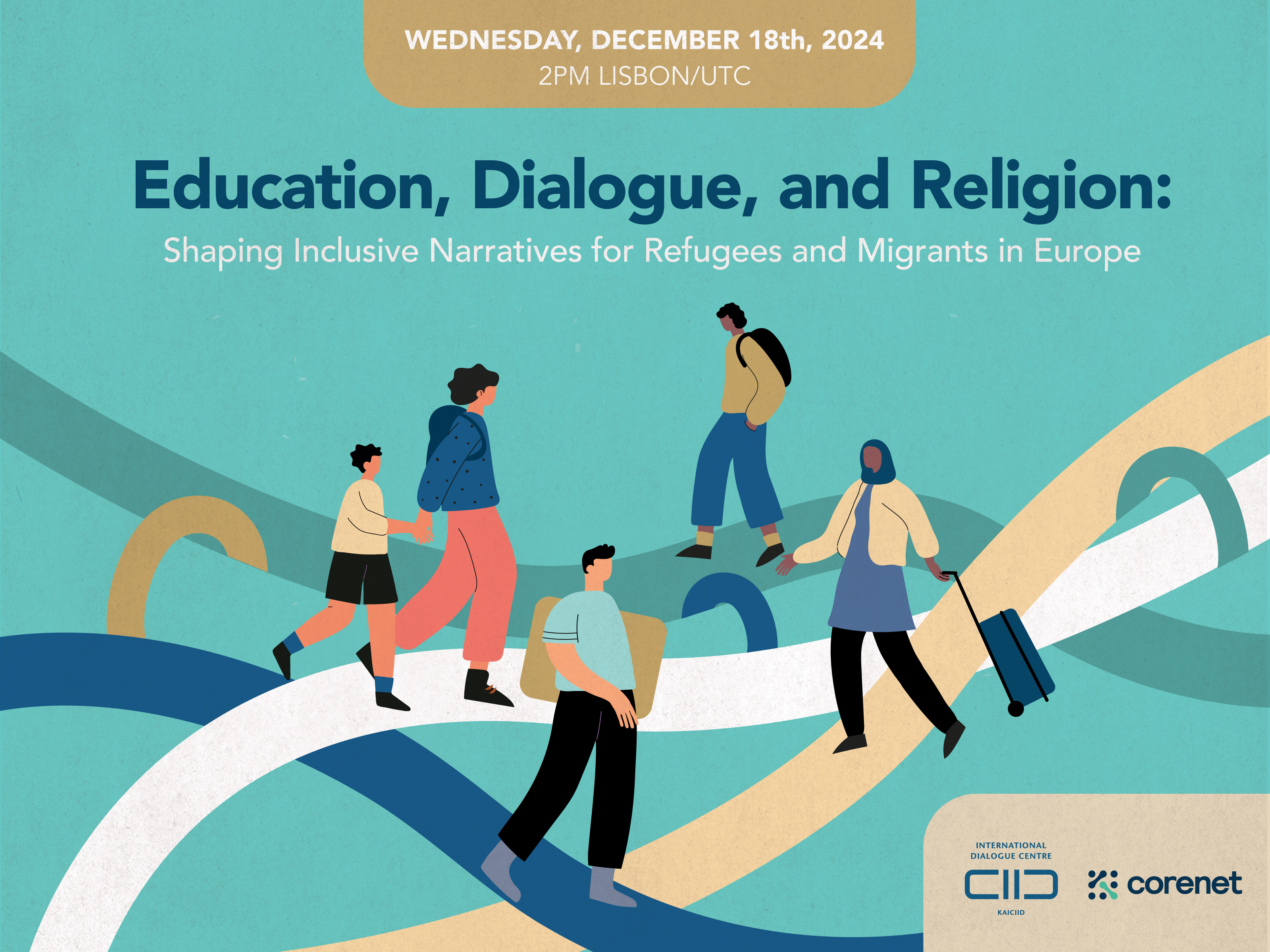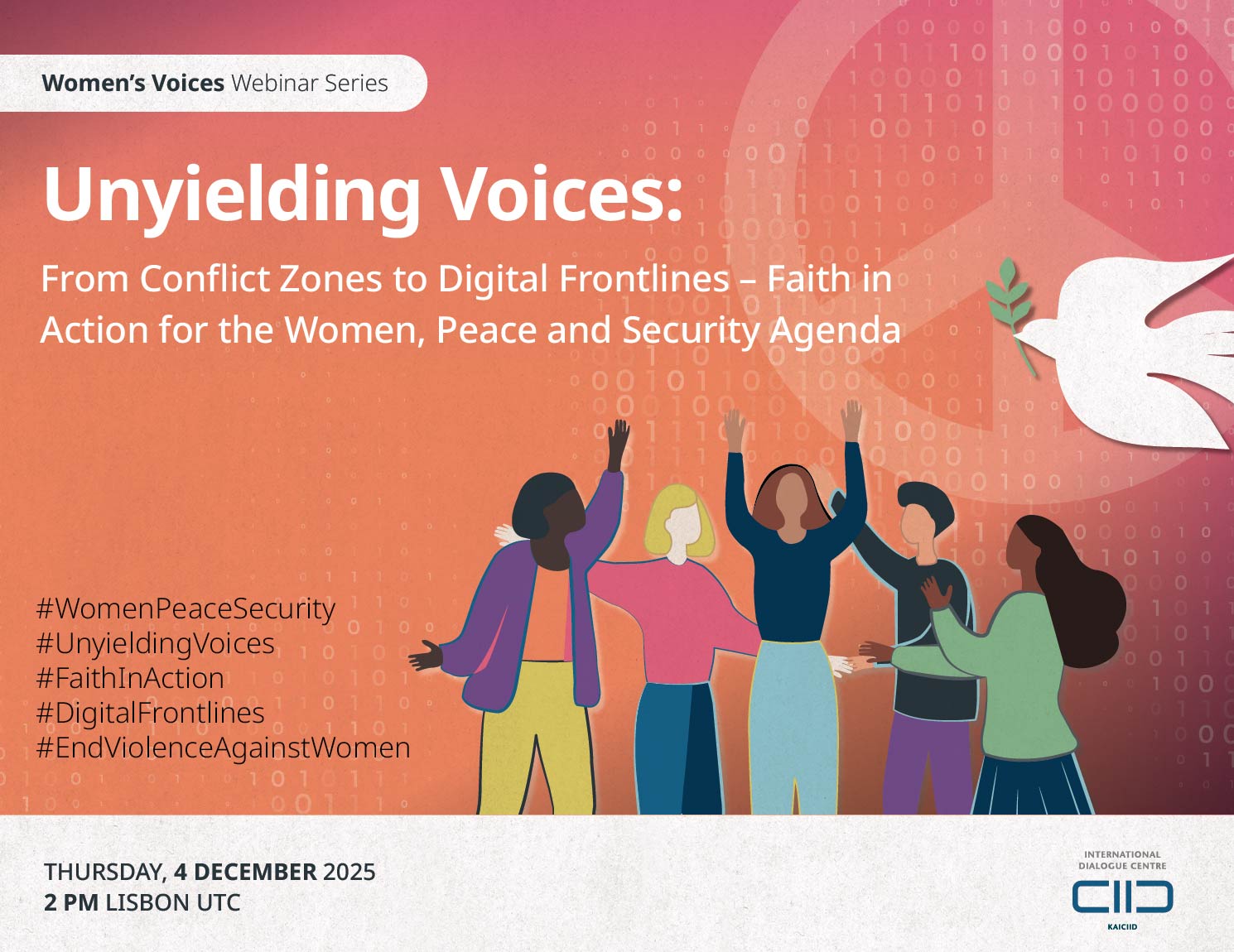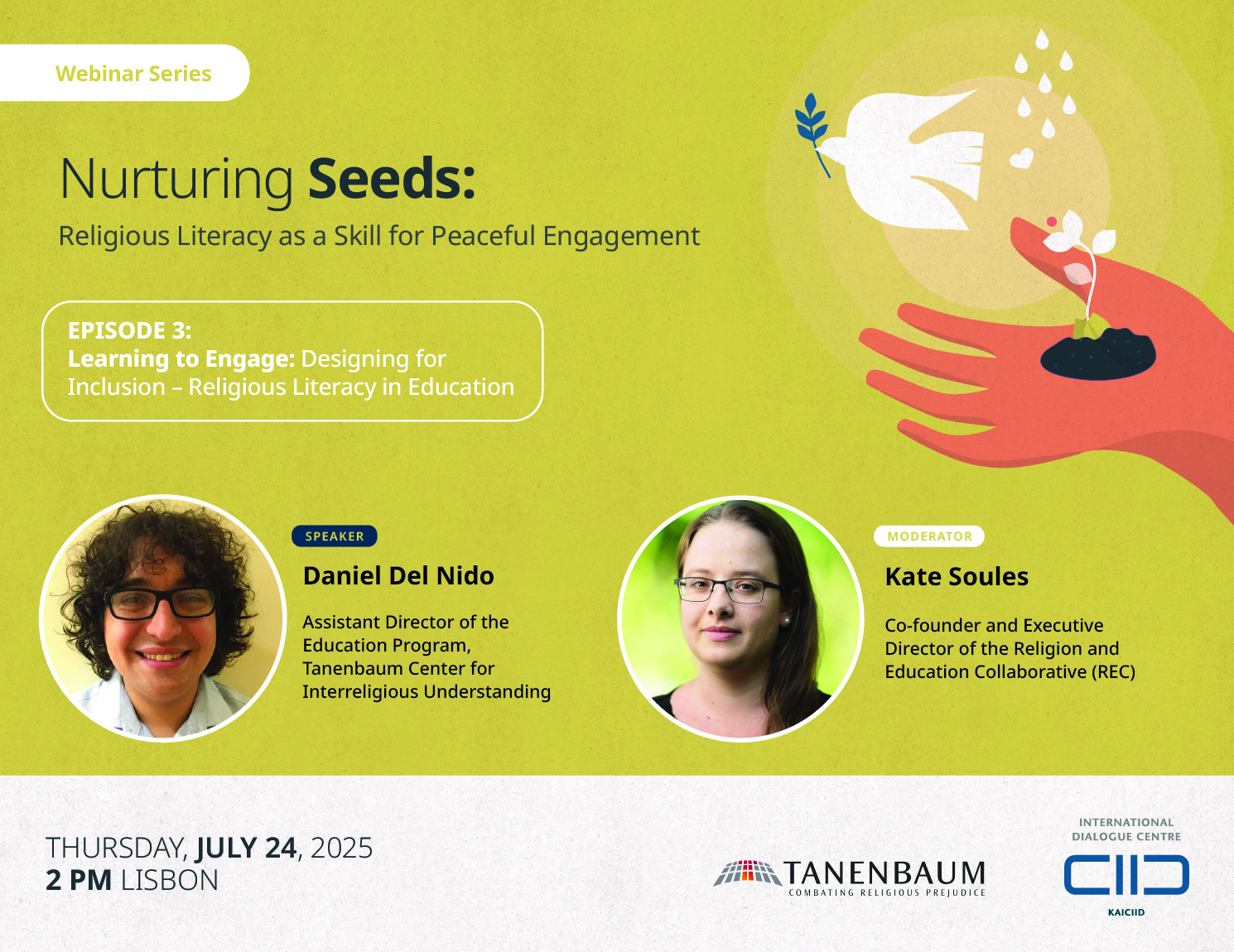Dr. Aleksandra Djurić Milovanović, is a Network for Dialogue Coordinator, International Dialogue Centre (KAICIID) and Principal Research Fellow at Institute for Balkan Studies, Serbian Academy of Sciences and Art. She received her PhD from the Faculty of Philosophy in Belgrade in 2012 with the topic “Romanian Neo-Protestants in Vojvodina: between religious and ethnic identity”. She has been collaborating with the University College of Cork, Ireland, Department of Religious Studies, where she was also a visiting professor in August-November 2017. In 2017 she has been selected as International Fellow at the International Dialogue Centre KAICIID (Vienna/Lisbon) where she continued from 2019 to coordinate a project Network for Dialogue focusing on inclusion of refugees and migrants in Europe. Aleksandra has participated in numerous scientific conferences worldwide and published four monographs, edited two international volumes in English and published over 100 papers and chapters in edited volumes. Her research interest includes religious minorities, religion and migration, Orthodox Christian renewal movements, Evangelicals, interreligious dialogue. Her latest publication is The Untold Journey of the Nazarene Emigration from Yugoslavia to North America (Lanham: Lexingon books, 2024).








